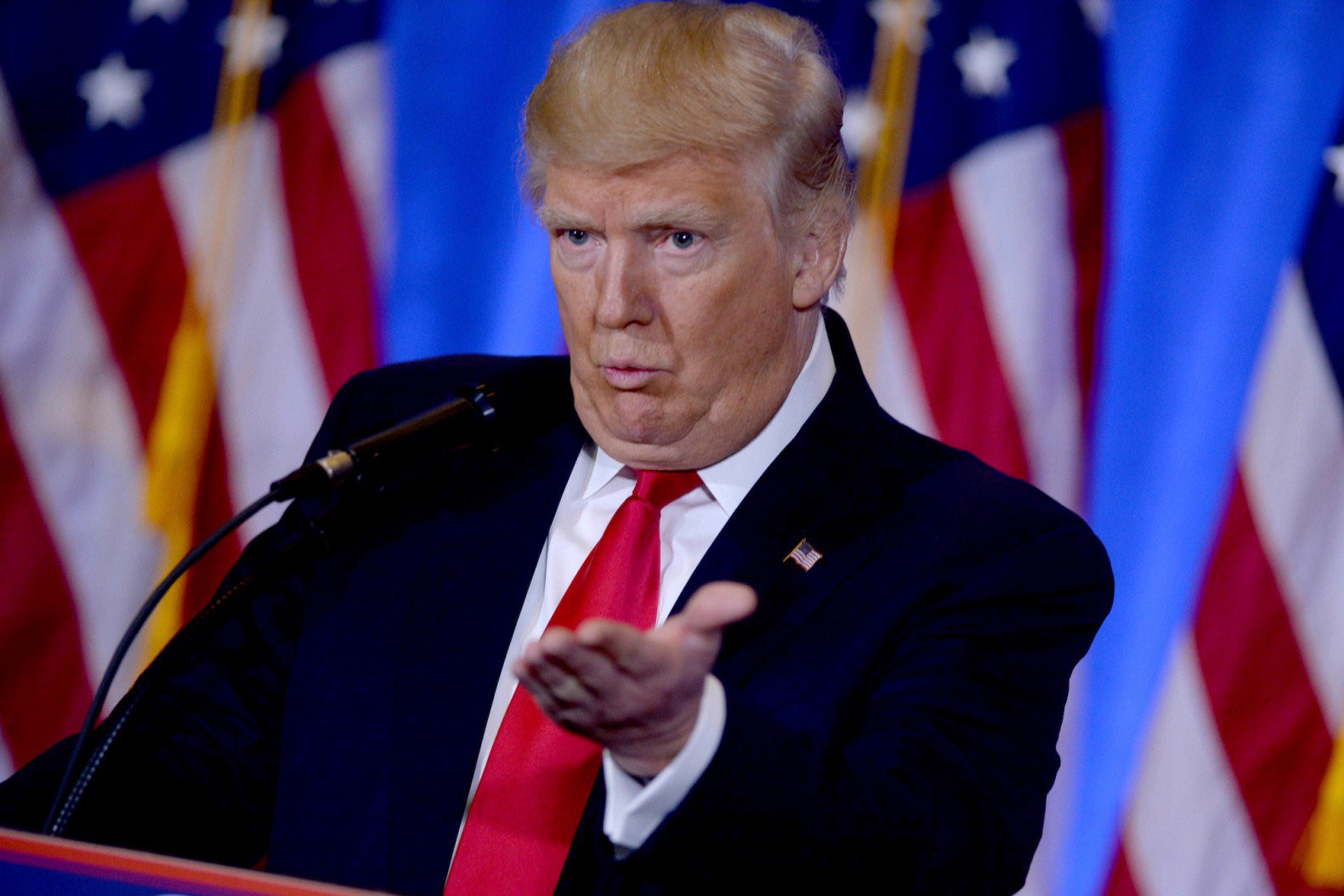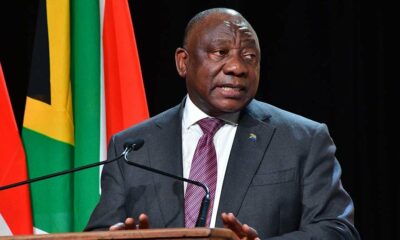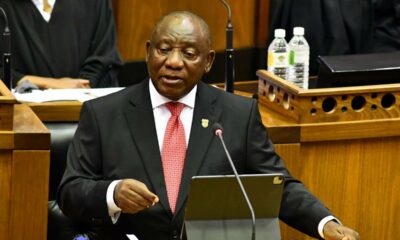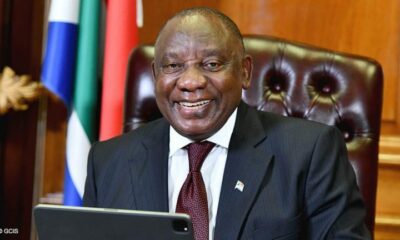News
South Africa Faces US Tariff Blow: What It Means and Why It’s Happening

What Are Tariffs, and Why Is the US Hitting South Africa With a 30% Blow?
Job losses, trade tensions, and no deal in sight as Friday deadline looms
South Africa is bracing itself for a gut punch this week. Come Friday, unless some last-minute diplomacy pulls off a miracle, all exports to the United States will be slapped with a hefty 30% tariff.
That includes everything from citrus and wine to platinum and industrial minerals. The warning came directly from President Donald Trump and it’s already sending shockwaves across South Africa’s export sector.
But what exactly are these tariffs? Why is the US doing this now? And what does it mean for ordinary South Africans?
Let’s unpack it.
The Tariff Trap: A Crash Course
Think of a tariff as a tax on imports. When one country in this case, the US slaps a tariff on goods coming in from another country, like South Africa it drives up the price of those goods. That makes them less attractive to US buyers, hurting exporters on this side of the Atlantic.
Clarissa Hahn, an economist at Oxford Economics, explains:
“Tariffs are like a surcharge. They’re usually calculated as a percentage of the product’s price. The higher the tariff, the less competitive the foreign product becomes.”
Governments usually impose tariffs to protect their local industries, raise revenue, or as we’re seeing now gain political leverage.
Trump’s Justification: “Bad Policies” and “Unfair Markets”
The US President isn’t mincing his words. He’s described South Africa’s policies as “very bad” and accused the country of maintaining unfair trade practices. The 30% blanket tariff was his proposed solution to what he calls “long-standing trade imbalances.”
Trump’s hardline move is also being interpreted as a pressure tactic, a way to force countries like South Africa into new bilateral trade deals more favourable to the US. If a deal isn’t signed by Friday, the tariffs go live.
Where’s South Africa in All This?
The South African government, led by President Cyril Ramaphosa and the recently formed Government of National Unity (GNU), has tried to strike a deal, but so far, no luck.
Ministerial spokesperson Kaamil Alli confirmed that “no substantive agreement” had been signed, only a document marking preconditions.
And just to pour more cold water on relations, Trump has cast doubt on attending the G20 Summit in South Africa, citing those same “bad policies” as his reason.
Industry Panic: Citrus, Wine, and Mining in the Crosshairs
Back home, South Africa’s export-heavy industries are sounding the alarm.
Citrus farmers are warning of huge financial losses, wine producers fear losing key market share, and mining companies say jobs are on the line. Many of these sectors have built years even decades of business relationships with American buyers. A sudden 30% tariff could wipe out profits and force producers to pivot to less lucrative markets.
“This could cripple parts of the agri sector,” one industry rep tweeted. “We rely on those US buyers to keep our farms running and our workers employed.”
And with youth unemployment still sky-high in South Africa, the ripple effect of these tariffs could be devastating for rural communities.
Why It Matters for Everyday South Africans
For the average citizen, tariffs might seem like something that only concerns big businesses or trade ministers. But here’s the reality:
-
Jobs are at risk, especially in agriculture, mining, and logistics.
-
The rand could take another knock if investors see SA-US relations souring.
-
Food prices may creep up if local supply chains feel the knock-on effect.
Add to that the looming interest rate decision, slow GDP growth, and ongoing load shedding, and the last thing South Africa needs is a trade war.
No Deal. No G20. What Now?
With the Friday deadline around the corner and no agreement in sight, things look bleak. Trump’s absence from the G20 would be a political blow, but the bigger worry is whether South Africa’s government will find a way to protect its vulnerable exporters.
Some trade watchers are hopeful that diplomacy might still pull something out of the fire. But others believe Trump is playing hardball and won’t back down unless South Africa makes major concessions.
“This isn’t just about tariffs,” one international analyst wrote. “It’s about global power, influence, and who calls the shots.”
Tariffs aren’t just dry economic policy. They’re real-world pressure points that affect jobs, prices, and people. As the US leans in with a 30% swing, South Africa’s leaders must decide quickly, whether to absorb the hit or find a way to parry the blow.
Because for the farmers in Limpopo, the winemakers in Stellenbosch, and the miners in Rustenburg, Friday could change everything.
{Source: IOL}
Follow Joburg ETC on Facebook, Twitter , TikTok and Instagram
For more News in Johannesburg, visit joburgetc.com



























